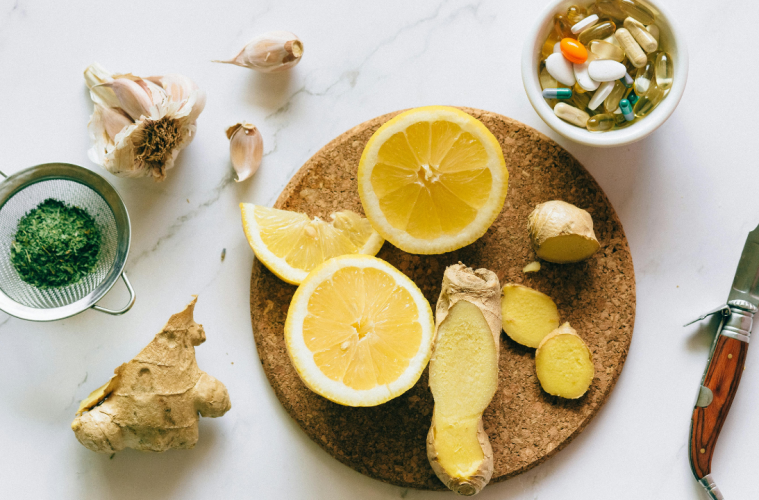As the colder months approach and the threat of seasonal illnesses looms, turning to nature’s pharmacy can offer a proactive approach to maintaining health and wellness.
Cultivating medicinal herbs and healing vegetables in your garden not only provides fresh, organic ingredients for culinary use but also serves as a natural remedy cabinet for combating colds and flu. In a world that’s becoming increasingly fast-paced, stressful, and reliant on pharmaceutical solutions, the allure of growing your own medicinal herbs and plants at home has never been more appealing.
Not only does it reconnect us with nature, but it also empowers us with the ability to nurture our well-being through our own home-grown remedies.
Plant these easy-to-grow medicinal herbs and plants that can thrive in your home garden:
Lavender (Lavandula angustifolia)
Lavender is renowned for its calming and soothing properties. The fragrant purple flowers can be used to make relaxing teas or infused into oils for massages. Lavender’s essential oil is a natural remedy for insomnia, anxiety, and stress.
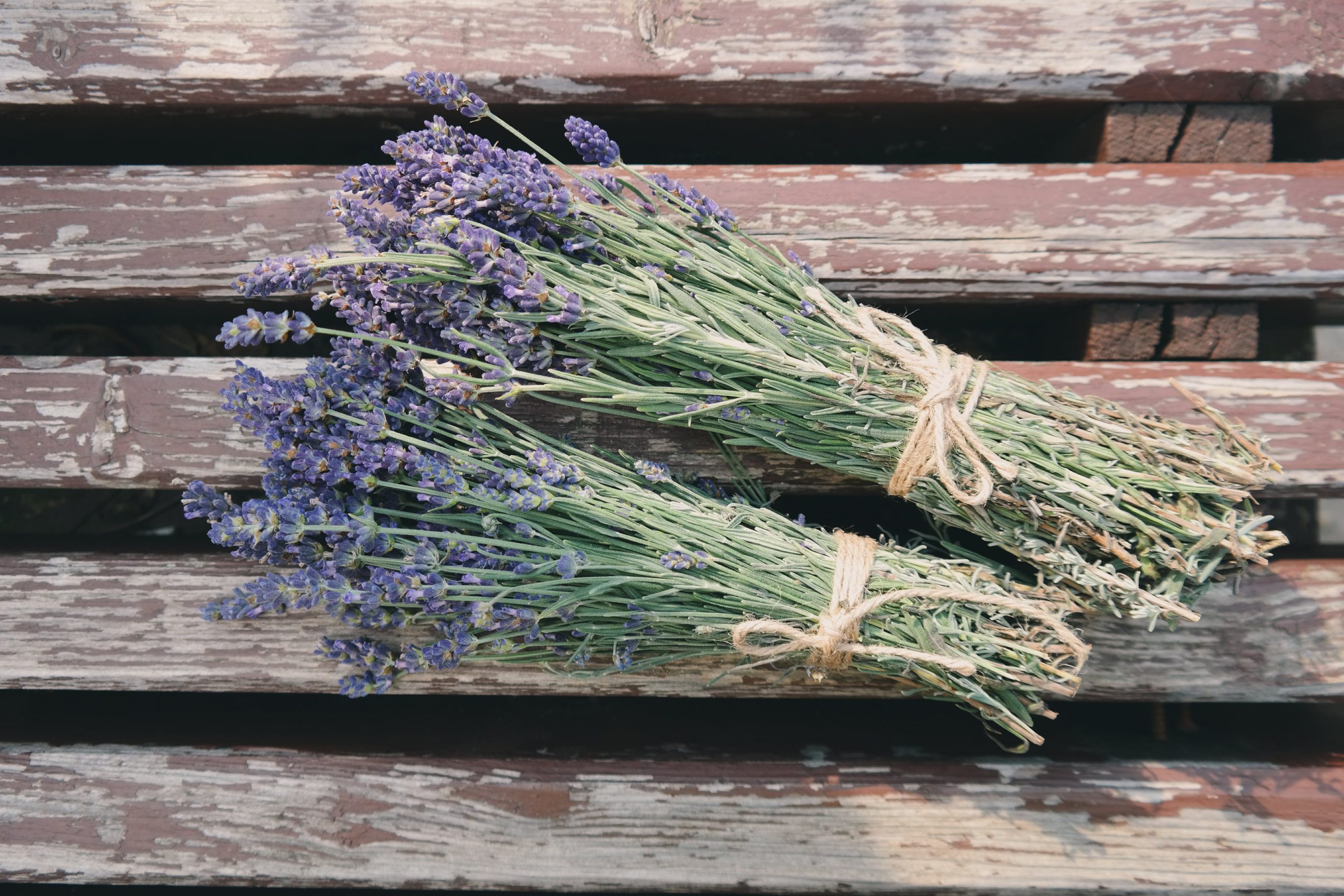
Pexels
Peppermint (Mentha x piperita)
Peppermint is a versatile herb known for its digestive benefits. Fresh peppermint leaves can be steeped into a tea to relieve indigestion, nausea, and bloating. The leaves can also be used in salads and as a garnish for various dishes.
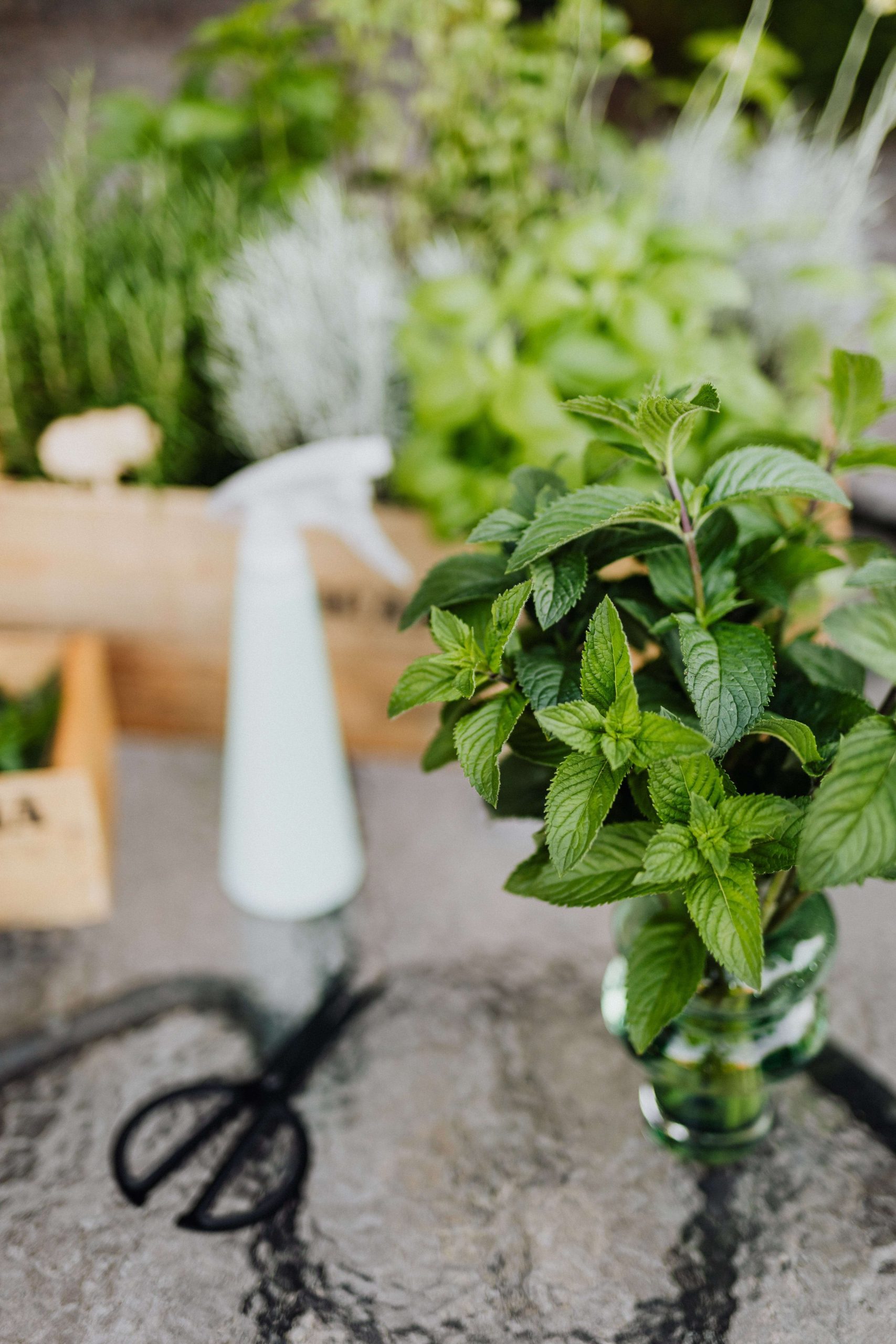
Pexels
Aloe Vera (Aloe barbadensis miller)
Aloe vera is an easy-to-care-for succulent with a gel-like substance inside its leaves. This gel has incredible soothing properties and can be applied topically to treat sunburns, minor cuts, and skin irritations.
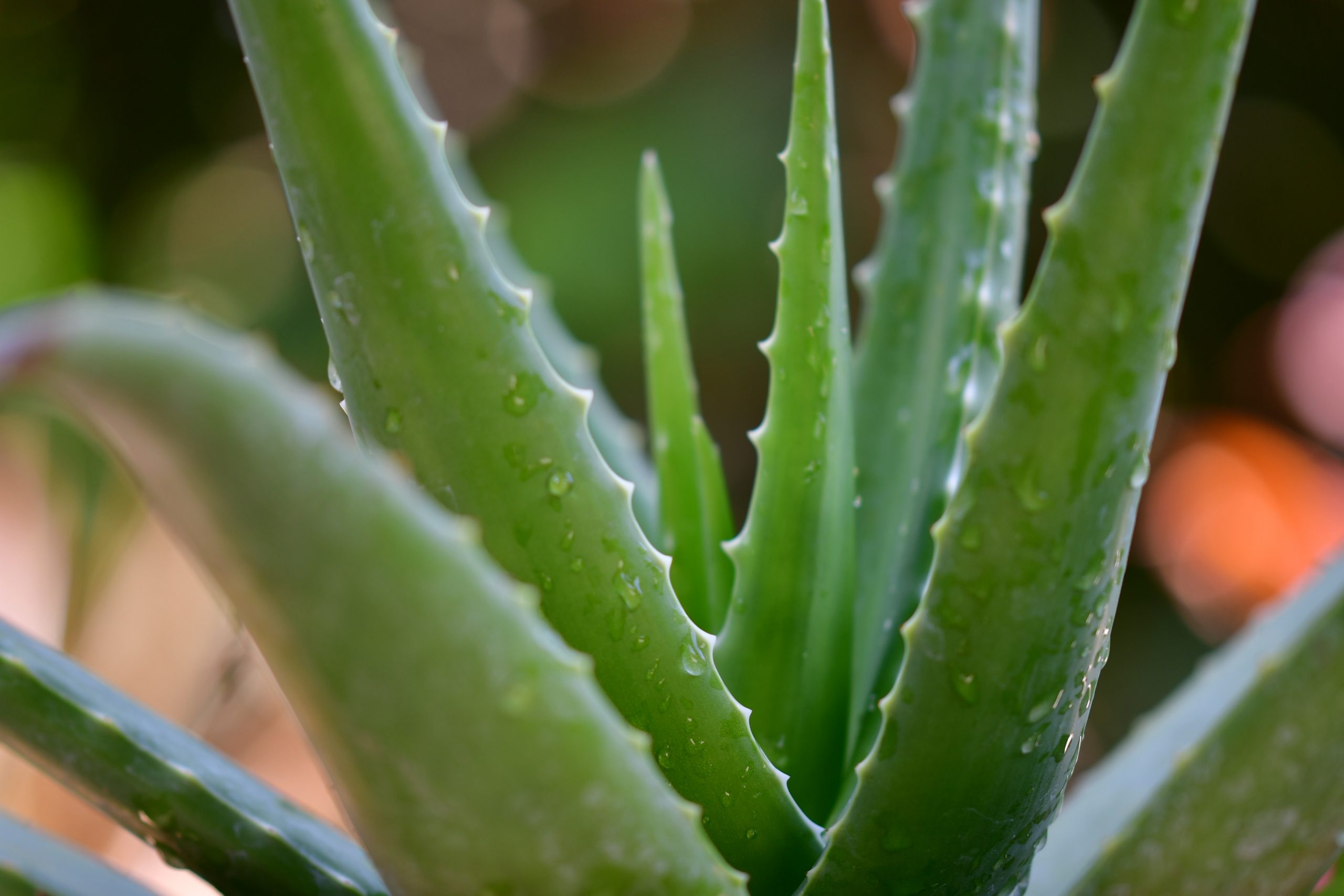
Unsplash
Chamomile (Matricaria chamomilla)
Chamomile is a gentle herb known for its calming and anti-inflammatory properties. This plant makes for great tea and is a classic remedy for promoting relaxation and aiding in sleep. It can also be used topically for soothing skin irritations.
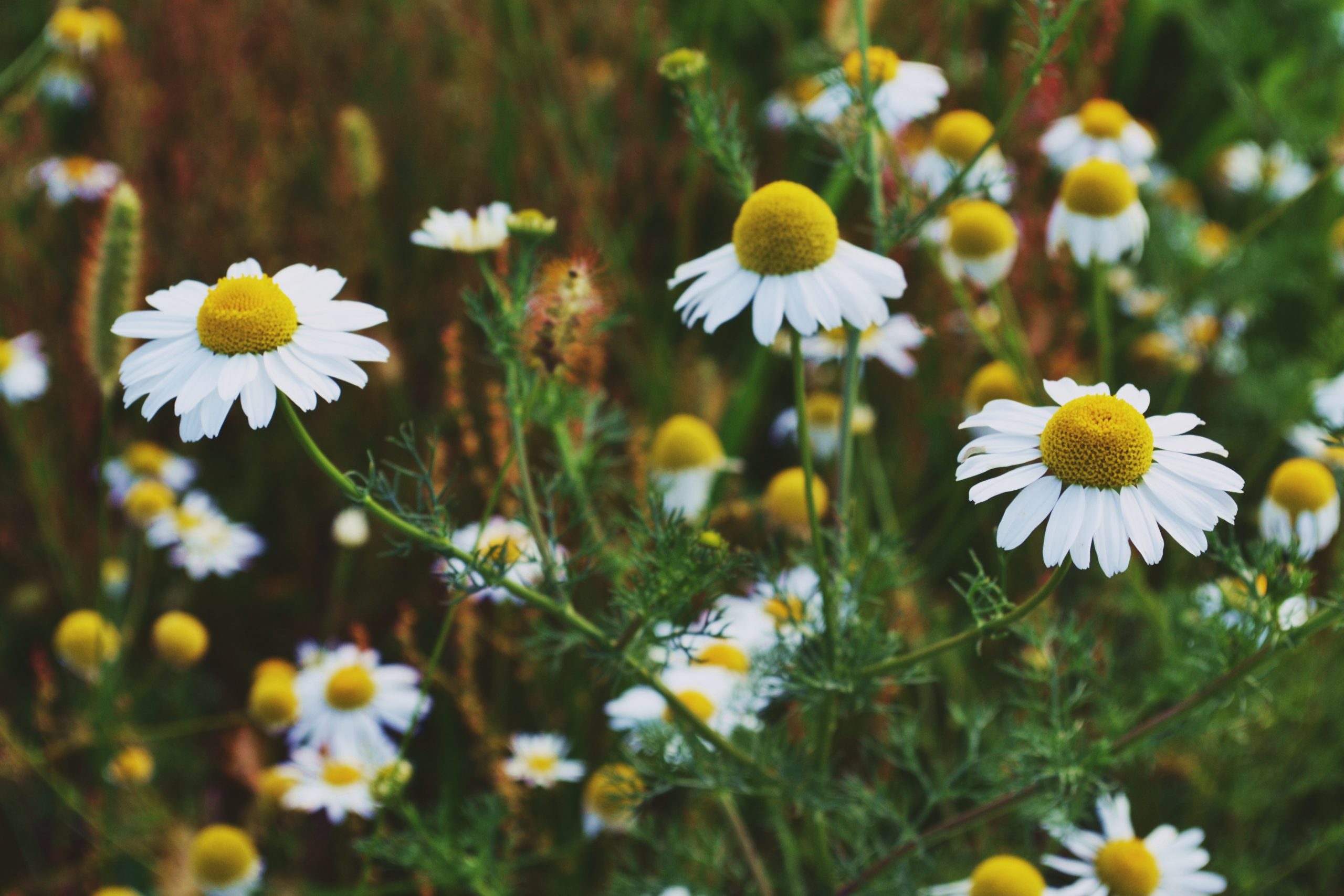
Unsplash
Lemon Balm (Melissa officinalis)
Lemon balm is a fragrant herb with a lemony scent and a host of medicinal uses. It can be made into a refreshing tea to ease anxiety and promote relaxation. It’s also great for improving cognitive function and memory.
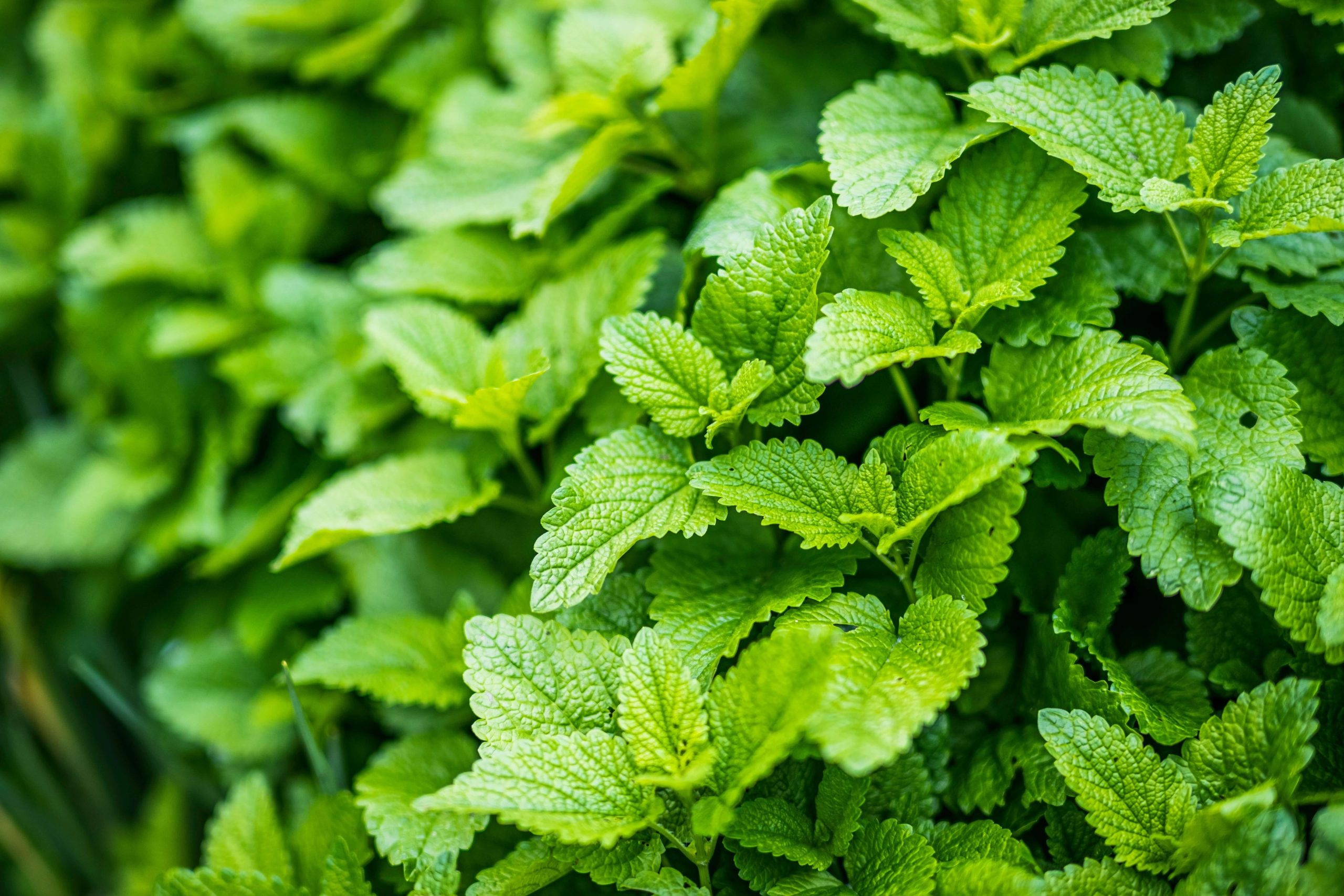
Pexels
Echinacea (Echinacea purpurea)
Echinacea, also known as the purple coneflower, is a popular herb for boosting the immune system. It can be used in tinctures, teas, or capsules to help prevent and alleviate the symptoms of colds and flu.
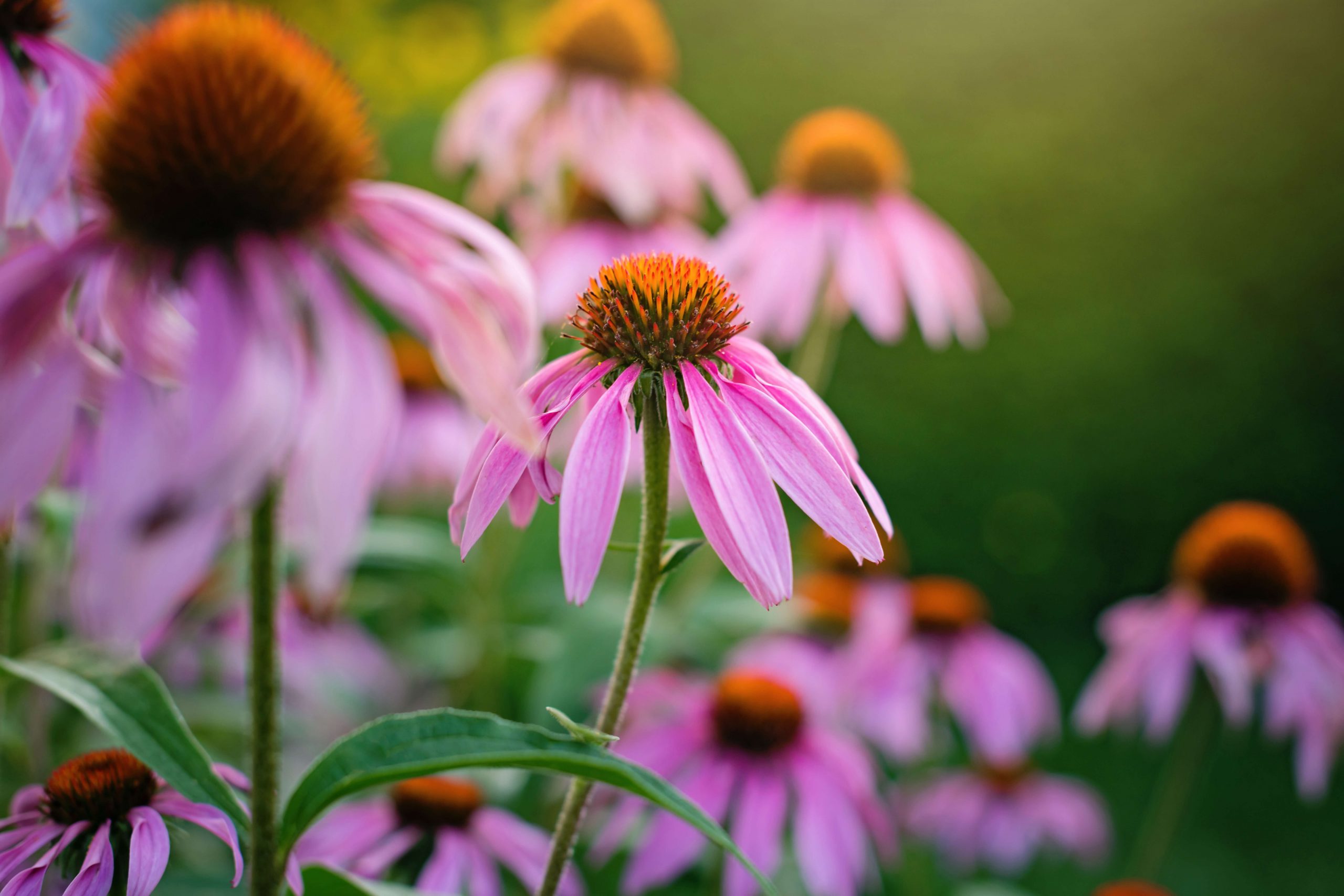
Unsplash
Rosemary (Rosmarinus officinalis)
Rosemary not only adds flavor to your culinary creations but also has cognitive-enhancing properties. Inhaling its aroma can improve concentration and memory.
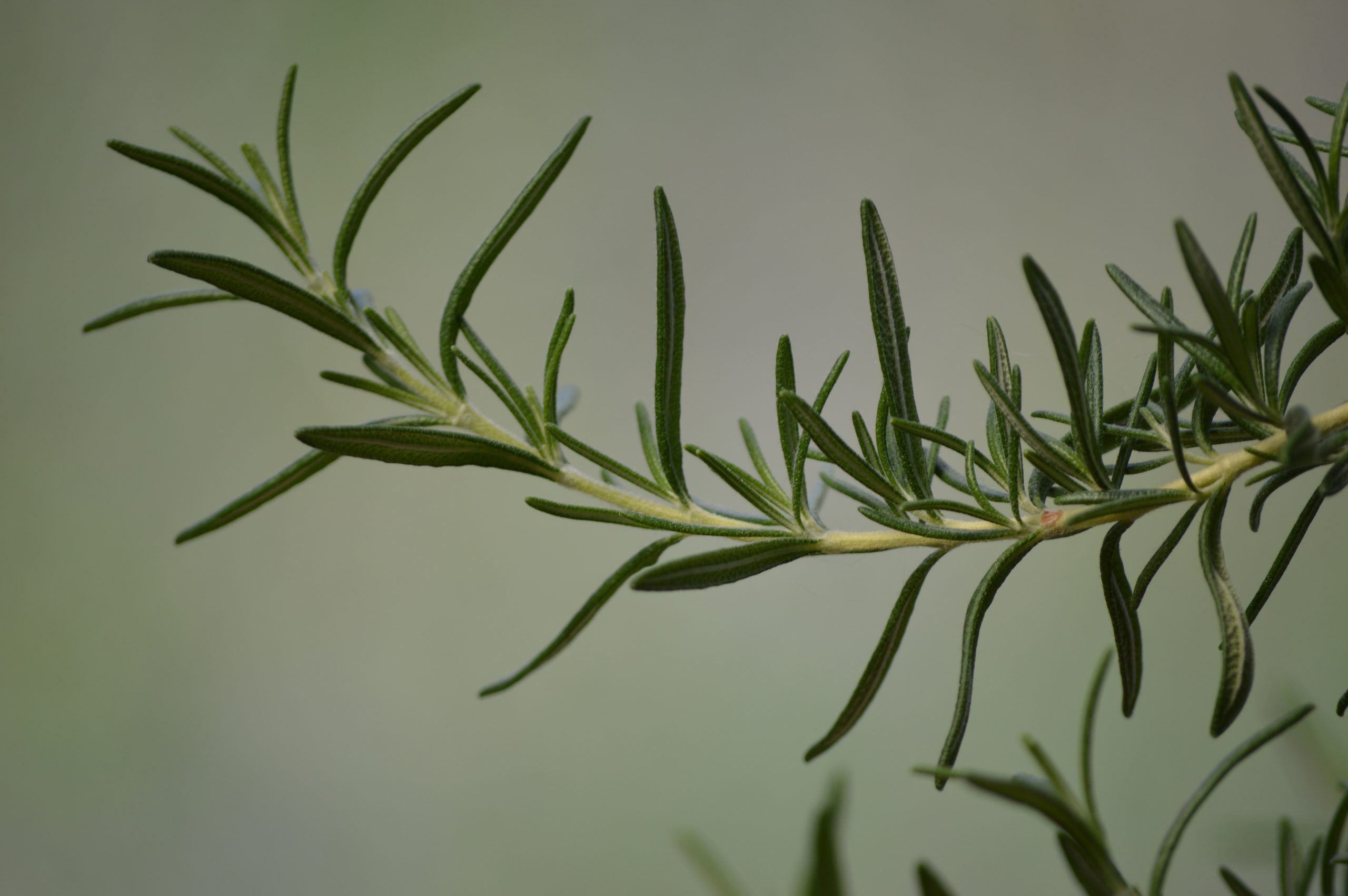
Pexels
Calendula (Calendula officinalis)
Calendula, also known as marigold, is well-known for its healing and anti-inflammatory properties. It can be made into salves and ointments for treating minor wounds, rashes, and skin irritations.

Pexels
Garlic (Allium sativum)
Garlic is a powerhouse in both the culinary and medicinal worlds. Its antimicrobial and antiviral properties make it an excellent ally against winter illnesses. Plant garlic cloves in the Autumn for a summer harvest. Use fresh garlic in cooking or make a potent garlic tea by steeping crushed cloves in hot water with honey and lemon.
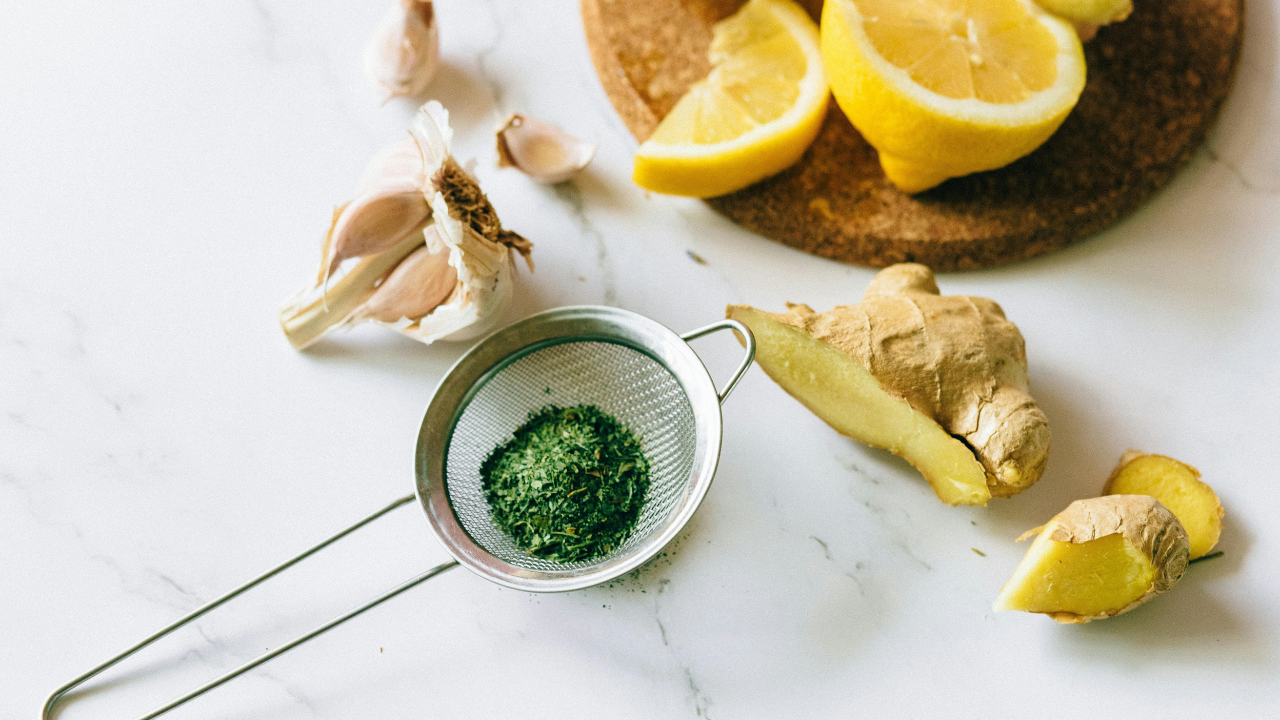
Unsplash
Ginger (Zingiber officinale)
Ginger is well-known for its ability to soothe upset stomachs and relieve nausea, common symptoms of colds and flu. Known as a tropical plant that can be grown indoors or in containers in cooler climates. Harvest the rhizomes when mature and use fresh ginger in teas, soups, and stir-fries.
Thyme (Thymus vulgaris)
Thyme is not only a flavourful herb for cooking but also a potent natural medicine. It contains compounds that help relieve respiratory issues such as coughs and congestion. Thyme is easy to grow in well-drained soil and full sun. Use fresh thyme leaves in teas or as a steam inhalation.
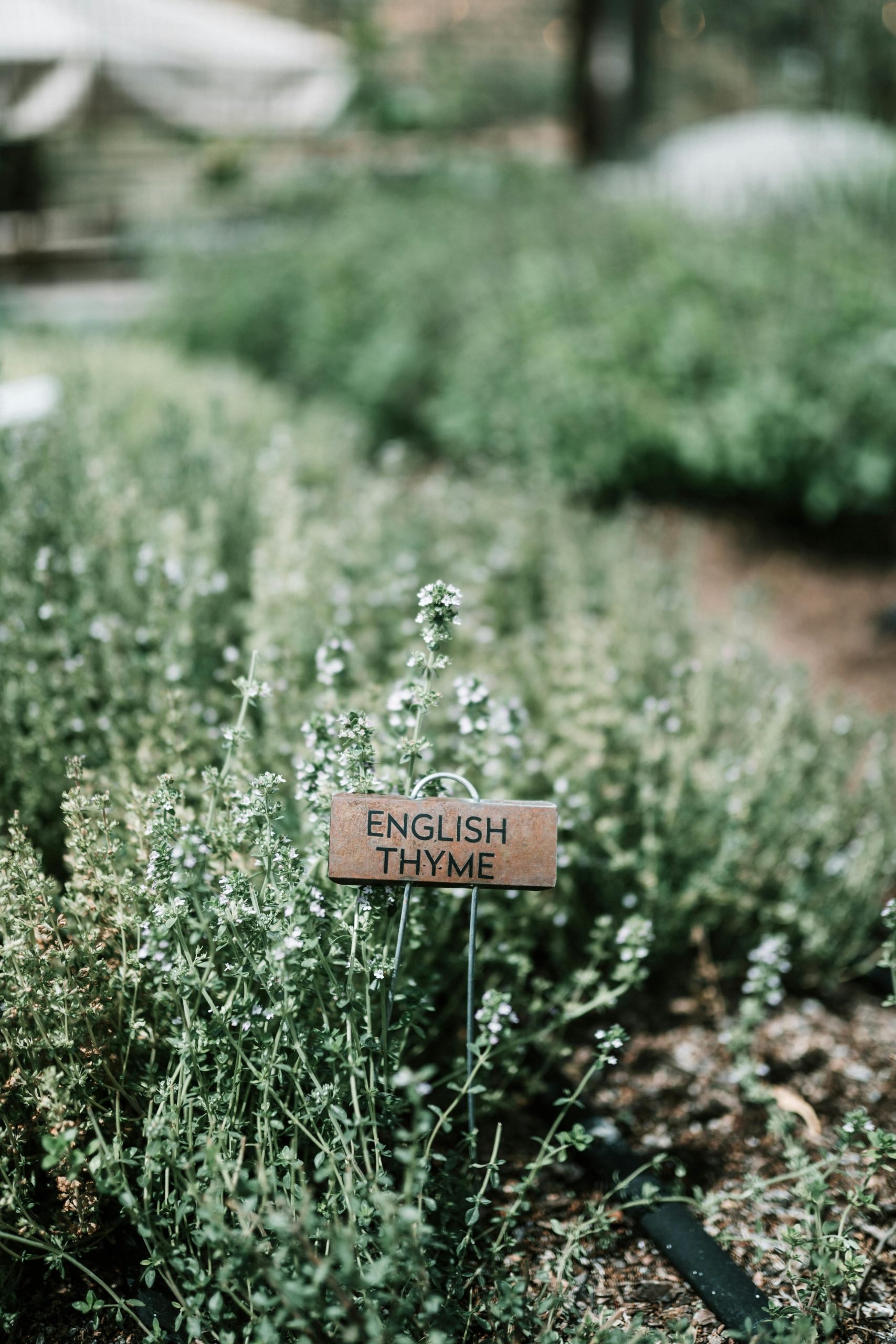
Pexels
Kale (Brassica oleracea)
Rich in immune-boosting vitamins like vitamin C, kale is a nutritional powerhouse that thrives in cooler weather. This leafy green vegetable is easy to grow in garden beds or containers. Incorporate kale into your diet through salads, smoothies, or soups for a dose of health-promoting nutrients.
ALSO SEE: SKINING LOVING PLANTS TO HAVE IN YOUR GARDEN
Feature image: Pexels

